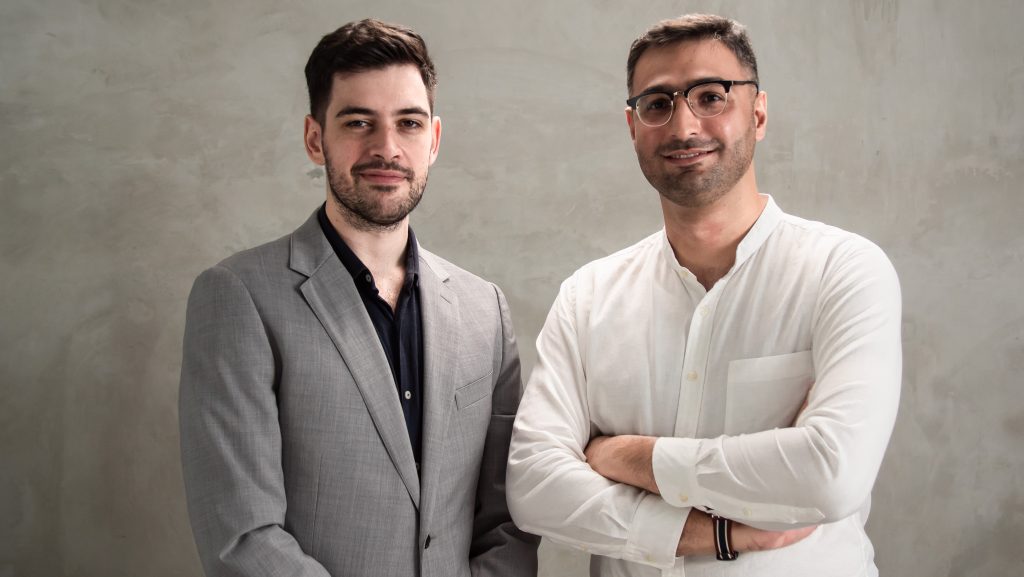Factories and chemical plants are a boon and curse at the same time. The degree of socio-economic benefits and pollution are alike, yet we cannot stop industrialisation. Sustainable development is the only solution for this, but it always comes with expensive tools and methods.
Divigas has invented a new hydrogen membrane, a Nano-molecular filter, that improves many existing H2 industrial processes and enables carbon capture at those plants. This product is highly tolerant, green-friendly and cost-effective. Its resistance to extreme acids and quality in selectivity and permeability supplement this. To know more, check out the interview we prepared with André Lorenceau, CEO & Cofounder, DiviGas PTE LTD.
What is the startup / product / venture about? Give us a brief description of it.
Divigas has invented a new hydrogen membrane, a Nano-molecular filter, that improves many existing h2 industrial processes and enables carbon capture at those plants. It can already save billions of $/yr to existing industry and avoid up to 750 millions of tons of CO2 emissions/yr.
How many co-founders are there? Please introduce them and their backgrounds.
2, Ali Naderi inventor, CTO and cofounder, PhD in chemical engineering and polymer modification. André lorenceau CEO Cofounder, serial startup CEO, ex ceo of livelike ($15m series B startup)
How did you come up with the idea? What motivated you to do this?
Ali Naderi initially stumbled on this technique while working on other membranes and realized it’s huge potential in the hydrogen separation space. He then sought to go independent and found Andre through entrepreneur first in singapore
Who is your target market? Why do you think your product will appeal to them?
Petrochemical plants and their supplier – our product resists acidic gases and higher temperature which opens up many new use cases like carbon capture at hydrogen plants as well as improving the efficiency of refineries across the world.
Who are your competitors? How are you different from them?
Big corporate companies that supply petrochemical equipments already make this product but their product has not evolved significantly in the last 20 years and they have failed consistently against acidic gases and higher temperatures.
What are the future plans with the product/startup? Any new features you are planning on?
Right now we’re using our new round to build our first factory in Melbourne Australia. When that’s done we will try to deploy our first full size on site pilots with partners. If that works we will try to aggressively upscale it with our series A to truly massive scale.

